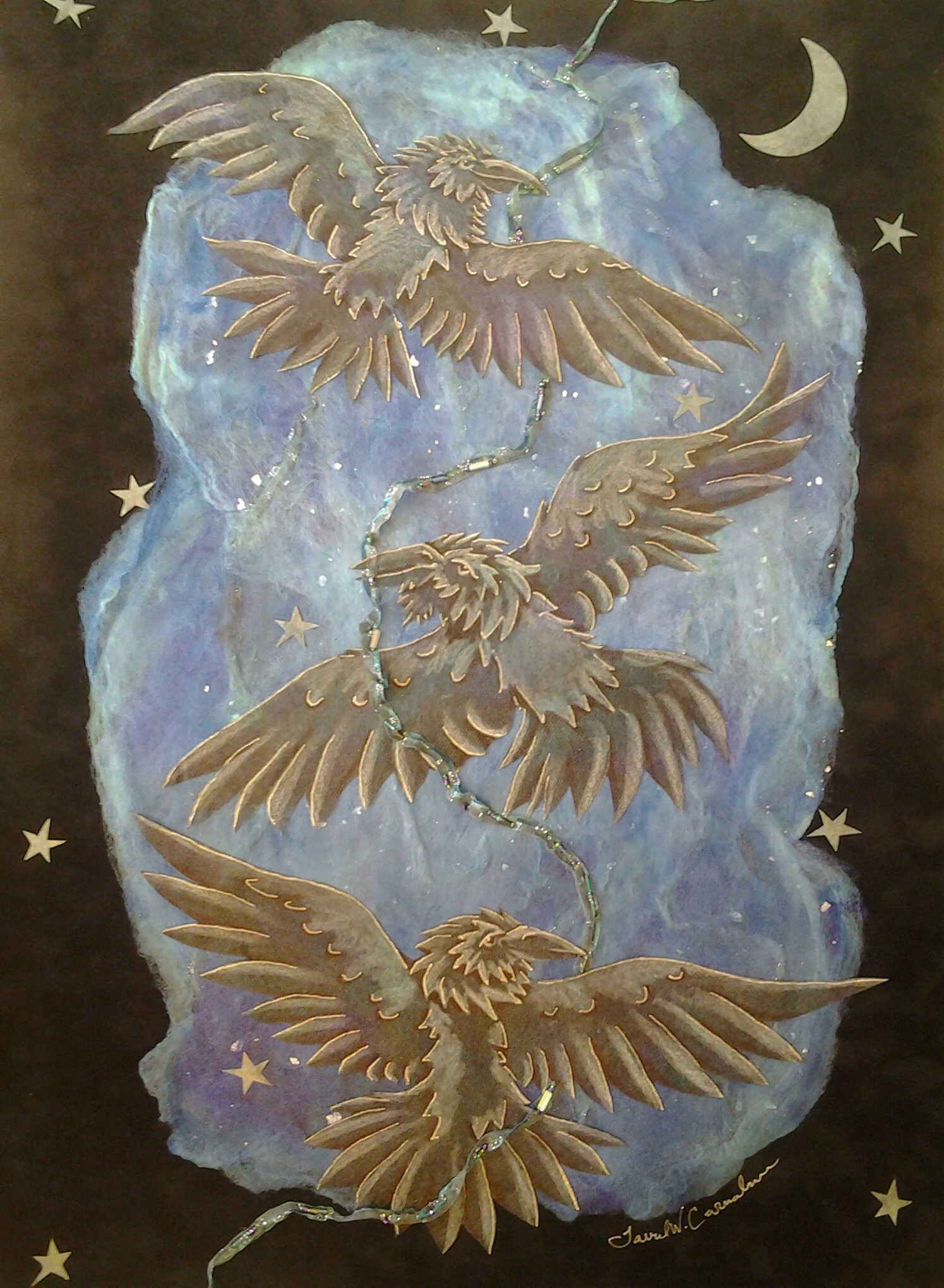By Elizabeth|
2018-04-09T23:28:10-04:00
June 29th, 2016|Categories: By & For Ace Survivors, Coping Strategies, Recovery, Resilience|Tags: abuse, accessibility, asexual community, carnival of aces, community, components of resilience, discernment, facebook, gaslighting, hypervigilance, intersectionality, isolation, manipulation, ptsd, recovery, resilience, resiliency, support, support network|
Support networks are a crucial part of resilience, and may even perhaps be the most important factor. It's not hard to find evidence of the health impacts of isolation or the protective effects of having supportive community. Those with strong support networks are less likely to develop PTSD and among those who still do, good support is likely to significantly reduce symptom severity.
In order to have a healthy support network, you need to be able to recognize what healthy relationships look like. If you can't recognize when a relationship is becoming unhealthy, you can't take steps to keep yourself safe.
Discernment is the skill of perceiving, understanding, and exercising good judgment. A person with "discerning tastes" is someone who has strong preferences about aesthetic quality, like a gourmand. The psychological use of the term is much broader—it is more related to perception and decision-making in general.






